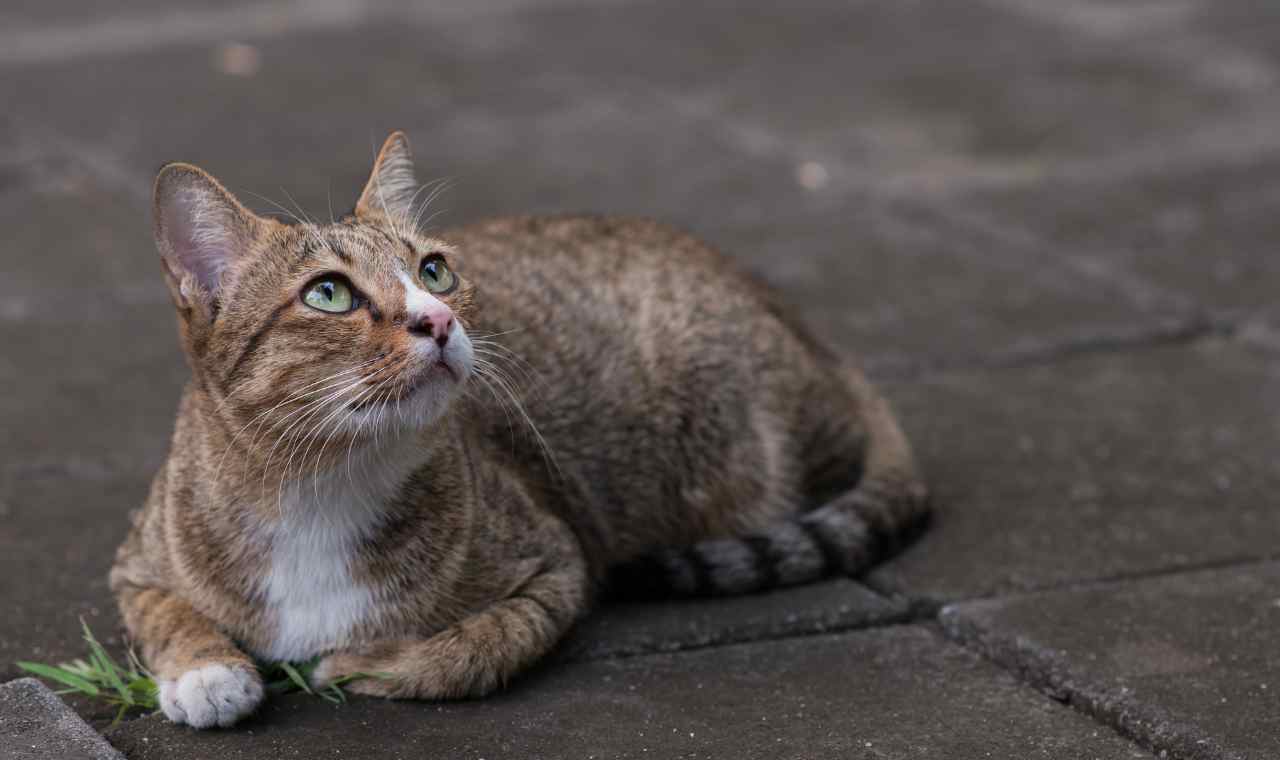When considering adopting a cat, many people wonder about the differences between stray cats and shelter cats. Although both groups need loving homes, they each come from distinct backgrounds and often bring unique personalities, health conditions, and socialization needs. Understanding these differences can help prospective cat owners make more informed choices about the kind of cat that will best suit their lifestyle.
Stray Cats: Independent but Adaptable
A stray cat is typically one that was once owned or raised by humans but later ended up on the streets due to various circumstances, such as abandonment or getting lost. Unlike feral cats—who are typically born in the wild and have little to no human interaction—stray cats often retain some familiarity with people, which makes them more adaptable to domestic life.
Characteristics of Stray Cats
- Socialization: Stray cats usually have had prior exposure to humans, making them more open to interactions and less fearful of people. They may be cautious at first, but they can often readjust to home life with patience and kindness.
- Personality: Many stray cats are naturally curious, and although they might act a bit skittish initially, they usually warm up quickly. In some cases, they might retain some of their independent streak but tend to bond deeply with their human caretakers once trust is established.
- Health Concerns: Stray cats may have minor injuries or ailments from their time outdoors, such as flea infestations, parasites, or even mild malnutrition. They may also have been exposed to infectious diseases, so a thorough vet check is essential before bringing a stray cat into your home.
- Adaptability: Strays can be quite adaptable and may thrive in various home environments, especially if given time to adjust. Their prior human exposure makes them more likely to reintegrate comfortably into a household.
Shelter Cats: Socialized and Ready for Adoption
Shelter cats are cats that have been taken in by animal shelters or rescue organizations, either from off the streets, from surrendering owners, or as strays brought in for temporary refuge. Shelters often provide medical care, vaccinations, and neutering/spaying, making shelter cats healthier and ready for adoption.
Characteristics of Shelter Cats
- Socialization: Shelter cats often benefit from regular interaction with shelter staff, volunteers, and other animals, which keeps them accustomed to human contact and various personalities. Some shelters also have socialization programs to help more timid cats become adoption-ready.
- Personality: Shelter staff often assess and note each cat’s personality, so prospective adopters can choose a cat whose temperament best aligns with their household. This means you’ll often get a good sense of whether a cat is playful, shy, independent, or cuddly.
- Health and Wellness: Shelter cats are typically well cared for and given a clean bill of health before adoption. They are usually vaccinated, dewormed, spayed/neutered, and given flea treatments, saving adopters the cost and time of these procedures.
- Adjustment Needs: Although shelter cats are accustomed to humans, they may need a period to adjust to life outside a kennel or cage, especially if they’ve been in the shelter for a while. This adjustment period may be shorter than for a stray cat, as they’re already used to being indoors and interacting with people.
Comparing the Adoption Experiences
| Aspect | Stray Cats | Shelter Cats |
|---|---|---|
| Socialization | May be cautious but can warm up to humans | Typically socialized and ready for homes |
| Personality | Independent yet loyal | Varied personalities, assessed by staff |
| Health | May require vet checkup | Usually healthy, vaccinated, and treated |
| Adjustment | Needs patience to acclimate indoors | Often ready for home life but may need adjustment if from shelter confinement |
Which is Right for You?
- If you have time and patience: Adopting a stray cat can be incredibly rewarding, as these cats often form deep bonds with those who’ve shown them compassion and care. You’ll play a big role in their socialization journey, helping them rediscover the comforts of a safe home.
- If you want a cat with known personality traits: Shelter cats may be more predictable since staff can inform you about their temperament, making it easier to find a cat that matches your lifestyle and preferences.
Both stray and shelter cats bring something unique to a home. What truly matters is providing them with love, patience, and a sense of security. When given a chance, both types of cats are capable of forming lasting, joyful bonds with their adopters. So whether it’s a cat you found in your neighborhood or one from your local shelter, adopting a cat in need is a beautiful way to make a difference in their life—and yours.
